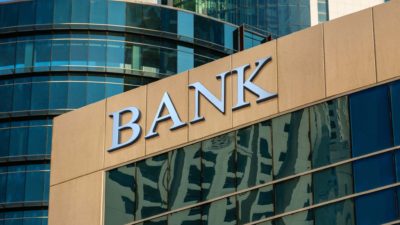The Commonwealth Bank of Australia (ASX: CBA) share price has (mostly) had a great 2024 to date, rising by almost 17%. The S&P/ASX 200 Index (ASX: XJO) has only climbed around 3%. But, some investors are now wondering whether the ASX bank share has become too expensive.
Net profit after tax (NPAT) growth is an important part of ensuring that a company's valuation is sustainable and the share price can keep rising.
If the share price rises faster than profit growth, it can lead to an increasing price/earnings (P/E) ratio. The higher the P/E ratio, the more expensive it can seem.
Fund manager L1 Capital has examined the ASX bank share CBA and drawn some conclusions about the Australian bank's valuation.
Expanding P/E ratio
L1 noted that CBA shares rose by 8% in July, predominately driven by "P/E multiple expansion with earnings estimates relatively unchanged".
The fund manager calculated that the CBA share price was trading at 23x the estimated profit that a consensus of analysts thinks the ASX bank share could generate in the 2025 financial year.
L1 Capital noted that the bank is trading on a price-to-tangible book ratio of around 3.4x. This is "higher than any large-cap developed market bank has ever traded".
Is the CBA share price fair value?
A high valuation may be able to be justified, if it's delivering profit growth for shareholders.
Does the current price make sense? In the words of the fund manager:
This valuation is hard to justify in the context of limited earnings growth over the medium term and continued tail risk in the event of any economic weakness.
While recognising that CBA is outperforming Australian peers operationally and that it enjoys a dominant local market share (one of the strongest of any banks worldwide), we think the company is priced to perfection with insufficient reward against any downside risks.
What about the dividend yield?
Some investors may be attracted to ASX bank shares for passive income. However, L1 Capital isn't convinced that the payouts for owners of CBA shares are worth it either. The investment team wrote:
In addition, while many investors own domestic banks for their consistent dividends, CBA currently trades on relatively modest dividend yield of ~3.6%.
CBA share price snapshot
The Commonwealth Bank share price has surged by 25% over the past 12 months. That compares to a rise of 6.7% for the ASX 200 over the past year.









